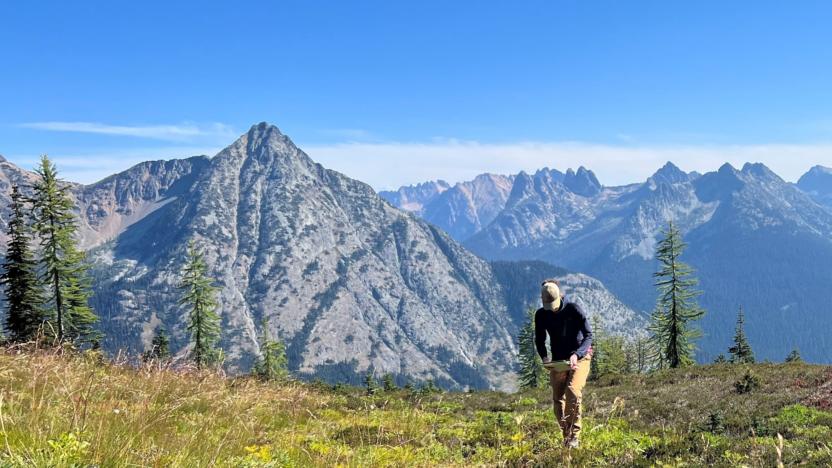
First Tuesday: How Plants are Coping with Climate Change
Coping with Climate Change: Which plants can make the move to cooler locations?
When: Tuesday, May 2 at 7pm
Where: Zoom - Click here to watch the event recording on YouTube
This event is offered in partnership with the Wenatchee River Institute. Learn more about their work via their website.
Many plant species are shifting their geographic distributions north or to higher elevations to keep up with a changing climate. However, many species are not moving, leaving them at risk as the climate warms. Why are these plants not able to make the move? Dr. Nathalie Chardon spent the last summer in the field (along with many Conservancy volunteers!) gathering data to help answer this question. Join us via zoom to learn about the results of her work.
Dr. Chardon visited a large variety of field sites in the North Cascades and cataloged how localized variability in habitat affects seed germination and seedling survival rates. In order for a species to make the move to cooler locations, their seeds must be able to germinate and thrive in local environments that don't necessarily align with their regional climate. Beyond climate, things like carbon content of soil, shelter, moisture, etc. affect plant success. Because of this, examining differences in localized habitat can help us learn why some plants can move, and others cannot. Dr. Chardon's talk will explore which plants in the Cascades are likely to be successful in a changing climate, and which plants are too constrained by their localized habitat requirements.
An ecologist at the University of British Columbia, Dr. Chardon's work is part of a multi-year study of plant communities in the Methow Valley and Mt Baker in collaboration with the University of Washington.